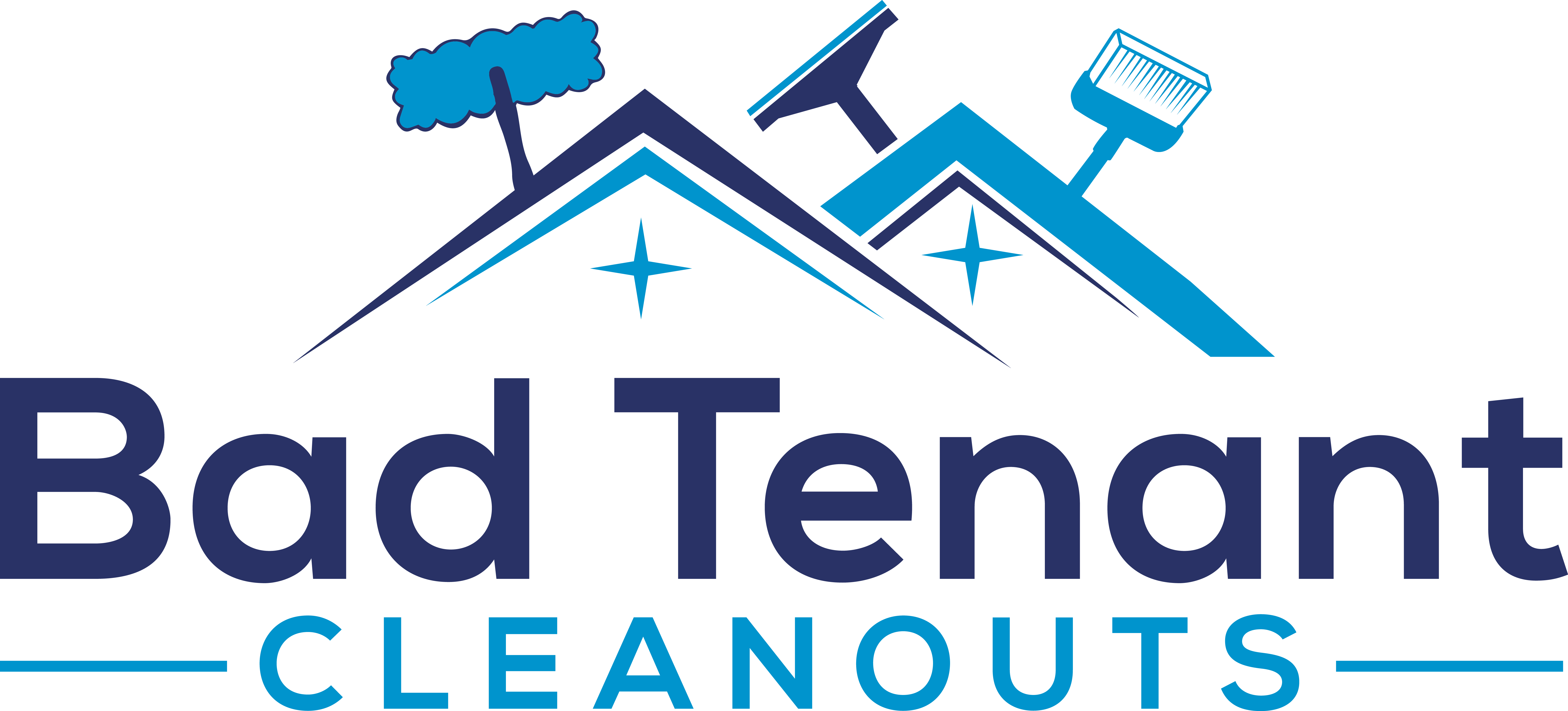A Comprehensive Guide to Ontario’s Rent Increase Guideline: Everything Landlords and Tenants Need to Know
In Ontario, landlords cannot arbitrarily raise the rent whenever they choose. Instead, they must follow a set of rules and regulations outlined by the Residential Tenancies Act (RTA), including the annual rent increase guideline set by the Ontario government. Understanding these regulations is essential for both landlords and tenants to ensure that rent increases are lawful, fair, and transparent.
This comprehensive guide will cover everything you need to know about Ontario’s rent increase guidelines, including the legal limits, how often rent can be raised, the proper procedures for implementing a rent increase, and any exemptions to the guideline.
What is Ontario’s Rent Increase Guideline?
The rent increase guideline is the maximum amount by which a landlord can increase a tenant’s rent over the course of a year without special permission from the Landlord and Tenant Board (LTB). This guideline applies to most residential rental units covered by Ontario’s Residential Tenancies Act (RTA) and is set annually by the Ontario government.
The annual rent increase guideline is designed to balance the rights of tenants and landlords by ensuring that rent increases remain in line with inflation and broader economic conditions. The guideline is typically tied to the Ontario Consumer Price Index (CPI), which measures the rate of inflation.
2024 Rent Increase Guideline
For 2024, the rent increase guideline in Ontario has been set at 2.5%. This means that for most residential rental units, landlords can increase the rent by up to 2.5% over the current rent amount, provided they follow the legal process for notifying the tenant.
It’s important to note that this guideline applies to the calendar year 2024, so any rent increase that takes effect in 2024 must adhere to this percentage.
Key Rules for Rent Increases in Ontario
To raise the rent legally in Ontario, landlords must follow specific rules laid out in the Residential Tenancies Act (RTA):
1. Rent Increases Can Only Occur Once Every 12 Months
- A landlord can only increase a tenant’s rent once every 12 months. This means that the landlord must wait at least one full year from the last rent increase (or the start of the tenancy) before increasing the rent again.
2. 90 Days’ Written Notice
- Landlords are required to provide tenants with at least 90 days’ written notice before the rent increase takes effect. This notice must be delivered using Form N1: Notice of Rent Increase and must clearly state the new rent amount, the date the increase will take effect, and the percentage of the increase.
3. Rent Increase Must Follow the Annual Guideline
- In most cases, the rent increase cannot exceed the guideline set by the Ontario government for that year. For example, in 2024, the maximum allowable increase is 2.5%.
4. Rent Increase Only Applies to Existing Tenants
- The rent increase guideline applies to existing tenants during an ongoing tenancy. When a unit becomes vacant, landlords are free to set the rent at any amount for a new tenant under the vacancy decontrol rule.
5. Exceptions to the Rent Increase Guideline
- In some cases, landlords may be allowed to raise the rent above the guideline. To do this, they must apply to the Landlord and Tenant Board (LTB) for an Above Guideline Increase (AGI). More details about AGIs are provided below.
How to Calculate a Rent Increase Using the Guideline
Calculating a rent increase using Ontario’s rent increase guideline is straightforward. Here’s an example of how to do it:
Let’s say your tenant’s current rent is $1,200 per month.
- Determine the current rent: $1,200.
- Multiply by the 2024 rent increase guideline (2.5%): $1,200 × 0.025 = $30.
- Add the increase to the current rent: $1,200 + $30 = $1,230.
In this case, the new rent would be $1,230 per month, effective 90 days after the notice is given.
How to Notify a Tenant of a Rent Increase
If you are a landlord intending to increase the rent, you must provide your tenant with at least 90 days’ notice using Form N1: Notice of Rent Increase. Here’s a step-by-step guide on how to notify your tenant:
1. Complete Form N1
- Form N1 is the official document provided by the Landlord and Tenant Board (LTB) that landlords must use to notify tenants of a rent increase. The form includes fields for the current rent, the amount of the increase, and the new rent amount.
2. Provide 90 Days’ Notice
- Make sure to provide at least 90 days’ written notice before the rent increase takes effect. This notice period is mandatory, and failing to provide the required notice can invalidate the rent increase.
3. Serve the Notice Properly
- You must serve the Form N1 to the tenant in one of the legally accepted methods, including:
- Hand-delivering it to the tenant.
- Mailing it to the tenant (in which case you must add five days to account for mailing time).
- Leaving it in the tenant’s mailbox or where they normally receive mail.
Keep proof of delivery, such as a signed receipt or a mailing record.
4. Include the Effective Date
- The notice must specify the date when the rent increase will take effect. This date must be at least 12 months after the tenant’s last rent increase (or the start of the tenancy) and 90 days after the notice is served.
Exemptions from the Rent Increase Guideline
Certain types of rental units are exempt from Ontario’s rent increase guideline. This means that landlords may be able to increase the rent by more than the guideline amount. The following are examples of exempt properties:
1. Units First Occupied After November 15, 2018
- New buildings, units, or additions that were first occupied for residential purposes on or after November 15, 2018, are exempt from the rent increase guideline. This means that landlords can raise the rent by more than the guideline for these units, as they are not subject to rent control.
2. Social and Supportive Housing
- Units in social housing, long-term care homes, or supportive housing are also exempt from the rent increase guideline. These units are often subject to separate rent-setting rules.
3. Above Guideline Increase (AGI)
- In certain cases, landlords can apply for an Above Guideline Increase (AGI) if they have incurred substantial expenses for capital repairs or increased utility costs. If approved by the Landlord and Tenant Board (LTB), this allows landlords to increase the rent by more than the annual guideline.
Above Guideline Increase (AGI)
If a landlord believes that the rent increase guideline is insufficient to cover significant expenses, they can apply for an Above Guideline Increase (AGI). Common reasons for requesting an AGI include:
1. Major Capital Repairs
- If a landlord has made major improvements or repairs to the property (such as replacing a roof, upgrading the heating system, or extensive plumbing repairs), they can request an AGI to cover these costs. However, routine maintenance does not qualify for an AGI.
2. Significant Utility Cost Increases
- If the cost of utilities (e.g., water, gas, electricity) has increased significantly beyond inflation, a landlord can request an AGI to pass these costs on to tenants.
3. Application Process
- To apply for an AGI, landlords must submit a formal application to the Landlord and Tenant Board (LTB) and provide detailed evidence of the expenses. Tenants have the right to attend the LTB hearing and dispute the AGI if they believe it is unjustified.
Tenants’ Rights Regarding Rent Increases
Tenants in Ontario have specific rights regarding rent increases. Understanding these rights helps ensure that rent increases are handled legally and fairly:
1. Right to 90 Days’ Notice
- Tenants must receive at least 90 days’ written notice before a rent increase takes effect. If a landlord fails to provide this notice, the increase may be delayed or invalidated.
2. Disputing Above Guideline Increases
- Tenants have the right to dispute an AGI if they believe it is unjustified or excessive. Tenants can attend the LTB hearing and present evidence to contest the increase.
3. No Retaliation
- Landlords are not allowed to raise the rent as a form of retaliation against a tenant who has exercised their legal rights (such as filing a complaint about maintenance issues). Retaliatory rent increases are prohibited under the Residential Tenancies Act (RTA).
Navigating Rent Increases in Ontario
The rent increase guideline in Ontario plays a crucial role in ensuring that rent increases are reasonable and consistent with inflation. Both landlords and tenants benefit from understanding how the guideline works and the legal obligations surrounding rent increases. For landlords, following the proper procedures—such as providing written notice, adhering to the annual guideline, and applying for an **Above Guideline Increase (AGI)** when necessary—ensures compliance with Ontario’s Residential Tenancies Act (RTA) and helps avoid disputes with tenants.
For tenants, knowing your rights—such as receiving 90 days’ notice, disputing rent increases through the Landlord and Tenant Board (LTB), and understanding any potential exemptions or AGI requests—can help you ensure that your landlord is abiding by the law and that any rent increases are fair.
Ultimately, the rent increase guideline provides a framework that balances the interests of both landlords and tenants, ensuring rental rates remain affordable while allowing landlords to manage rising costs. By understanding and following the guidelines, both parties can maintain a positive and legally sound rental relationship.
If you are ever unsure about the rent increase process, consulting with legal professionals or the Landlord and Tenant Board can provide clarity and guidance.


